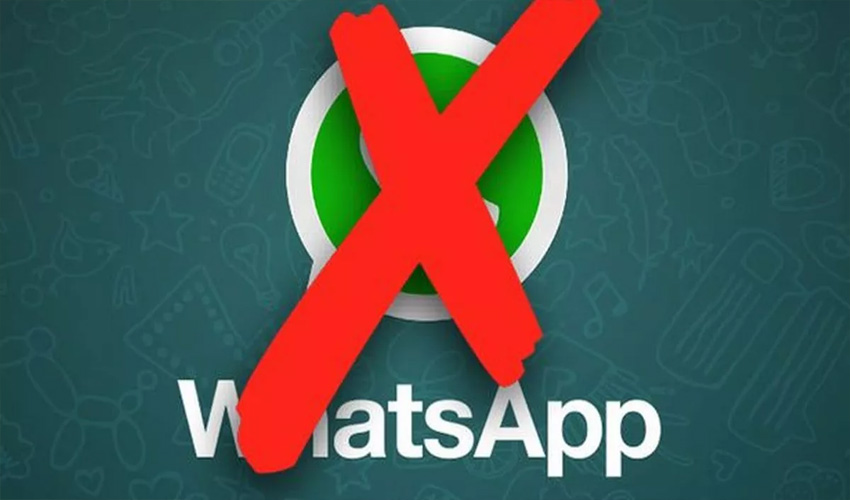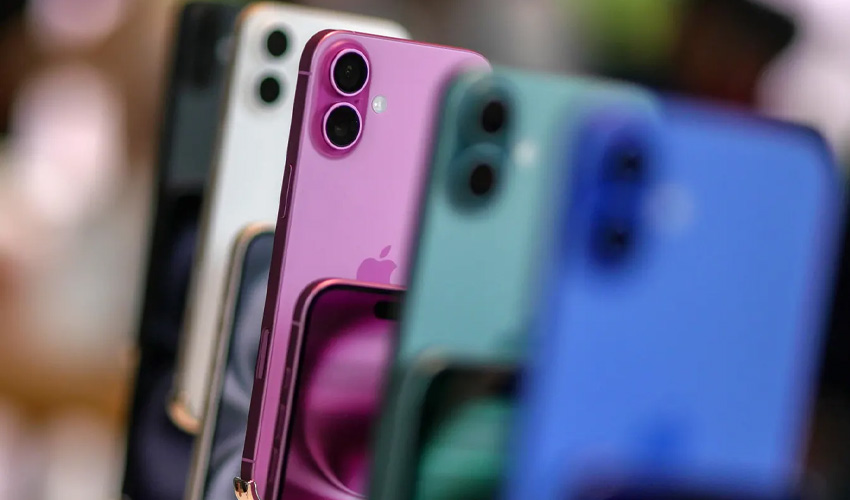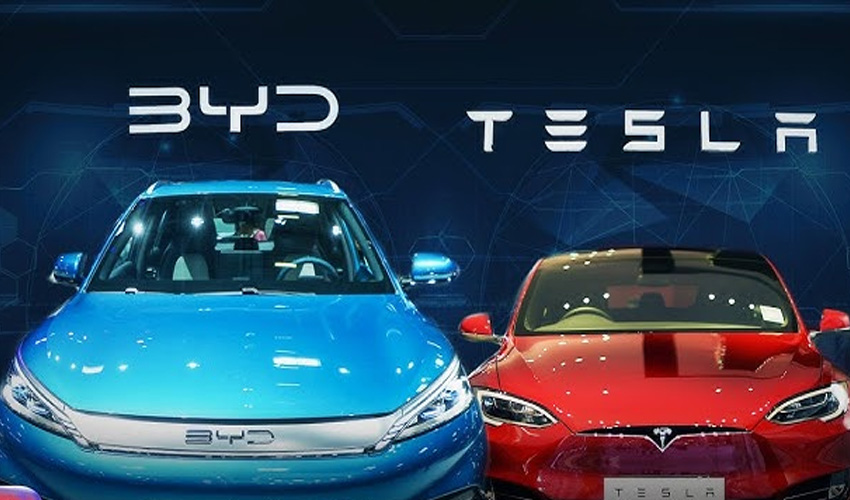Meta - the parent company of WhatsApp - has announced that it will discontinue support for older Android and iPhone devices starting January 1, 2025.
The decision comes in response to advancements in technology and aims to improve the security, functionality, and user experience of the app.
According to a report by IOL, Android devices running the KitKat operating system (OS) or older versions will no longer support WhatsApp. This includes several popular older models from brands like Samsung, Motorola, HTC, LG, and Sony.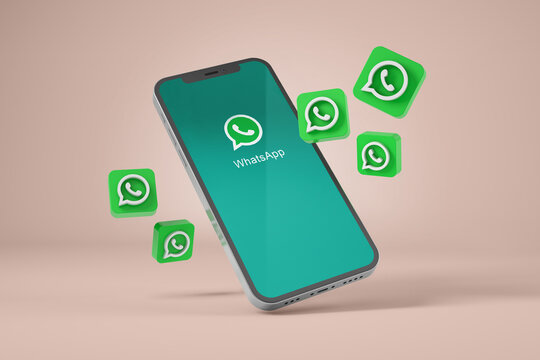
The move is part of WhatsApp's efforts to stay ahead of the curve by leveraging newer technologies such as end-to-end encryption, multi-device support, advanced video calling, and AI-driven features, which older devices simply cannot accommodate.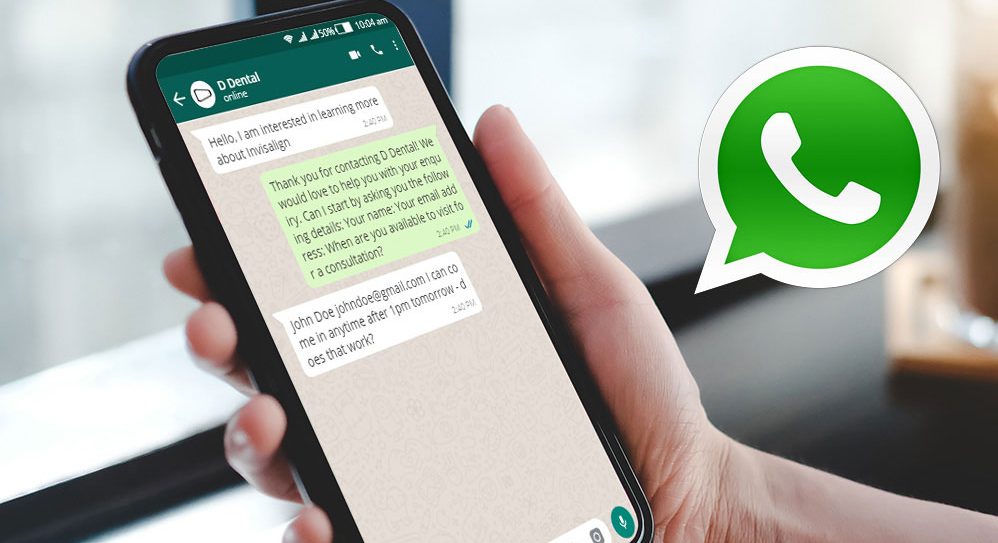
Older devices often struggle to handle the new functionalities introduced by WhatsApp and face increasing difficulty in securing user data. Without regular updates to the software, these phones become vulnerable to cyber threats, posing risks to both users' privacy and app performance.
Devices affected by change
The following devices will no longer support WhatsApp from January 2025:
- Samsung: Galaxy S3, Galaxy Note 2, Galaxy Ace 3, Galaxy S4 Mini
- Motorola: Moto G (1st Gen), Razr HD, Moto E 2014
- HTC: One X, One X+, Desire 500, Desire 601
- LG: Optimus G, Nexus 4, G2 Mini, L90
- Sony: Xperia Z, Xperia SP, Xperia T, Xperia V
In addition, iPhone users with devices running iOS 15.1 or lower will have until May 5, 2025, to update their software. This means that users of the iPhone 5s, iPhone 6, and iPhone 6 Plus will need to either upgrade their devices or update to a newer iOS version to continue using WhatsApp.
The shift to requiring more modern hardware comes as Meta aims to ensure that WhatsApp remains secure, efficient, and capable of adapting to technological innovations. With increasing concerns around privacy and cybersecurity, the company is making strides to keep pace with the demands of the digital age. The older devices' inability to support these advancements makes them more susceptible to security breaches, and without consistent software updates, their app performance will be hindered.
WhatsApp's decision to phase out support for these devices highlights the ongoing trend of technological evolution, where apps and services are optimized for newer software and hardware. As security threats grow more sophisticated, the necessity for modern devices capable of handling these complexities becomes even more critical.
What users need to do
Affected users are encouraged to either upgrade their devices or ensure their phones are running the latest operating system versions available. For those with Android devices, updating to at least Android 4.0.3 (KitKat) is necessary. iPhone users will need to update to iOS 16 or later to ensure continued access to WhatsApp.





